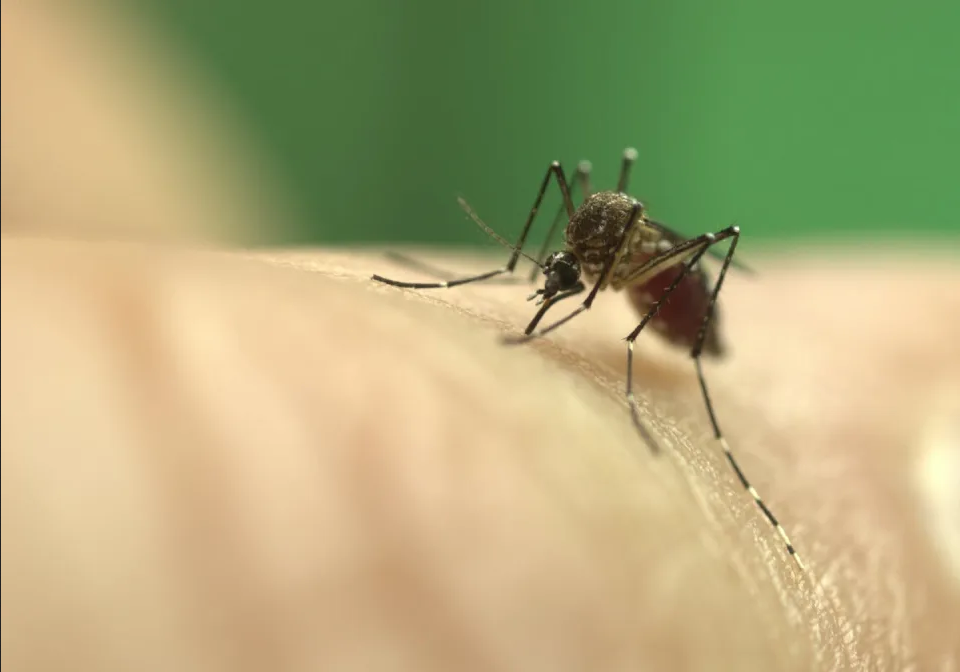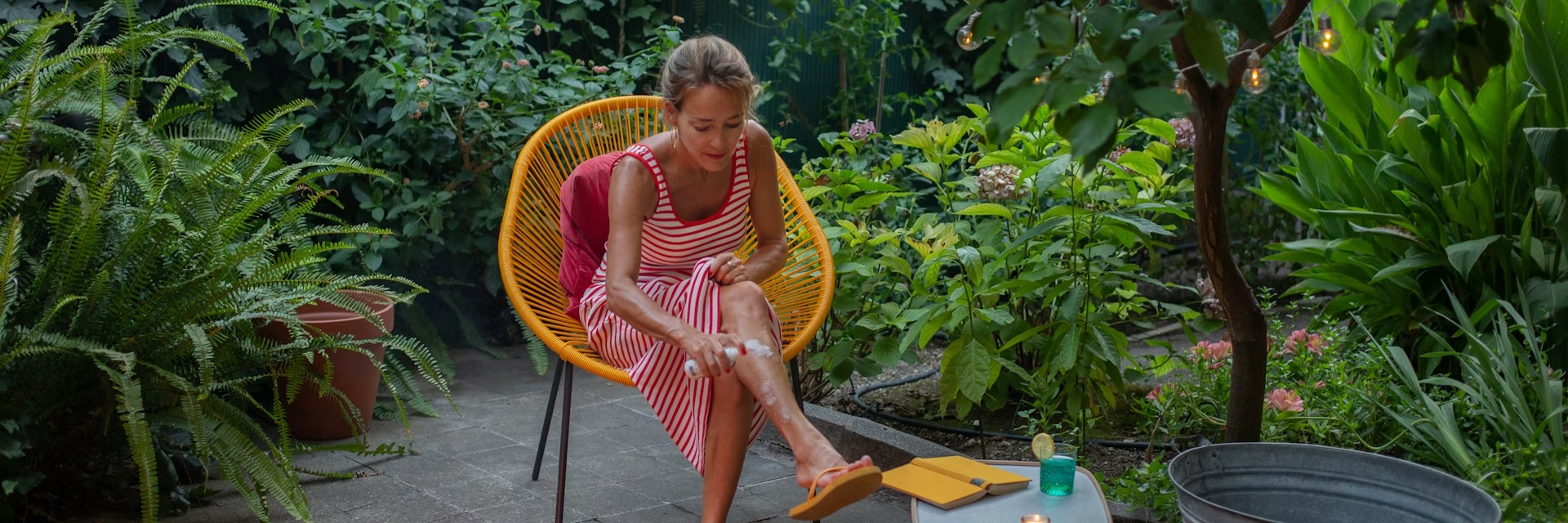In this story
Media Contact

Singapore is experiencing rising numbers of dengue fever, but what does it mean for Australians travelling to the region and could the outbreak spread here?
Singapore is on alert as dengue fever numbers start to rise again, after case numbers spiked in 2022 and 2020.
The number of dengue cases in Singapore during 2022 reached the second highest on record.
The National Environment Agency has warned that there could be another outbreak this year, as the number of cases remains high.
In the week ending 28 January 2023, Singapore’s National Environment Agency reported 186 dengue cases and there were 274 the previous week.
So what are the implications for Australia?

NSW Health Pathology medical entomologist, Associate Professor Cameron Webb said there was no risk of the outbreak coming here as the mosquitoes that spread dengue viruses, especially Aedes aegypti and Aedes albopictus, are not found in NSW.
“There are lots of mosquitoes here that can spread viruses of concern, such as Murray Valley encephalitis virus, but not dengue,” he said.
A/Prof Webb said the most important message is for travellers to Singapore to be aware of the need to avoid being bitten, particularly during daylight hours.
“It is important that Australians travelling overseas make sure they use repellent during the day, as that is when the mosquitoes that transmit the virus tend to bite – not during early morning/evening hours as we are used to here in Australia.”
Meanwhile, in Singapore the National Environment Agency says it is carrying out preventive measures to further slow dengue transmission.














